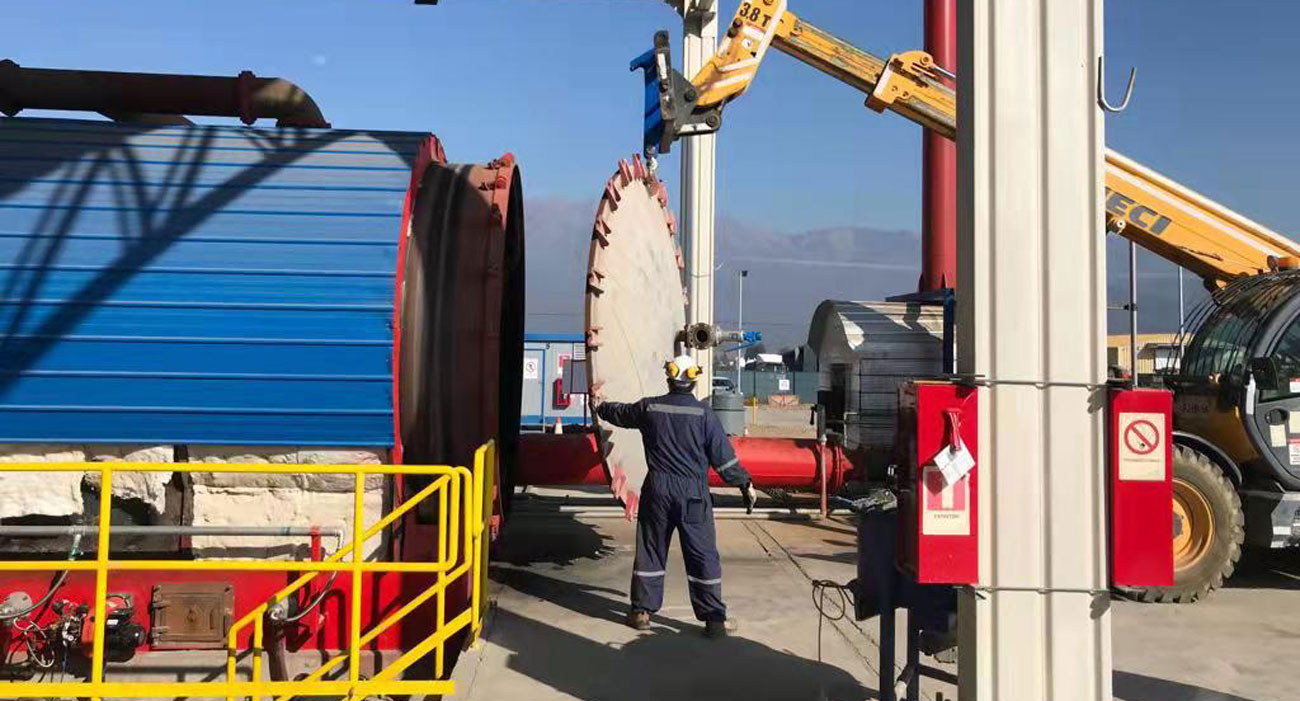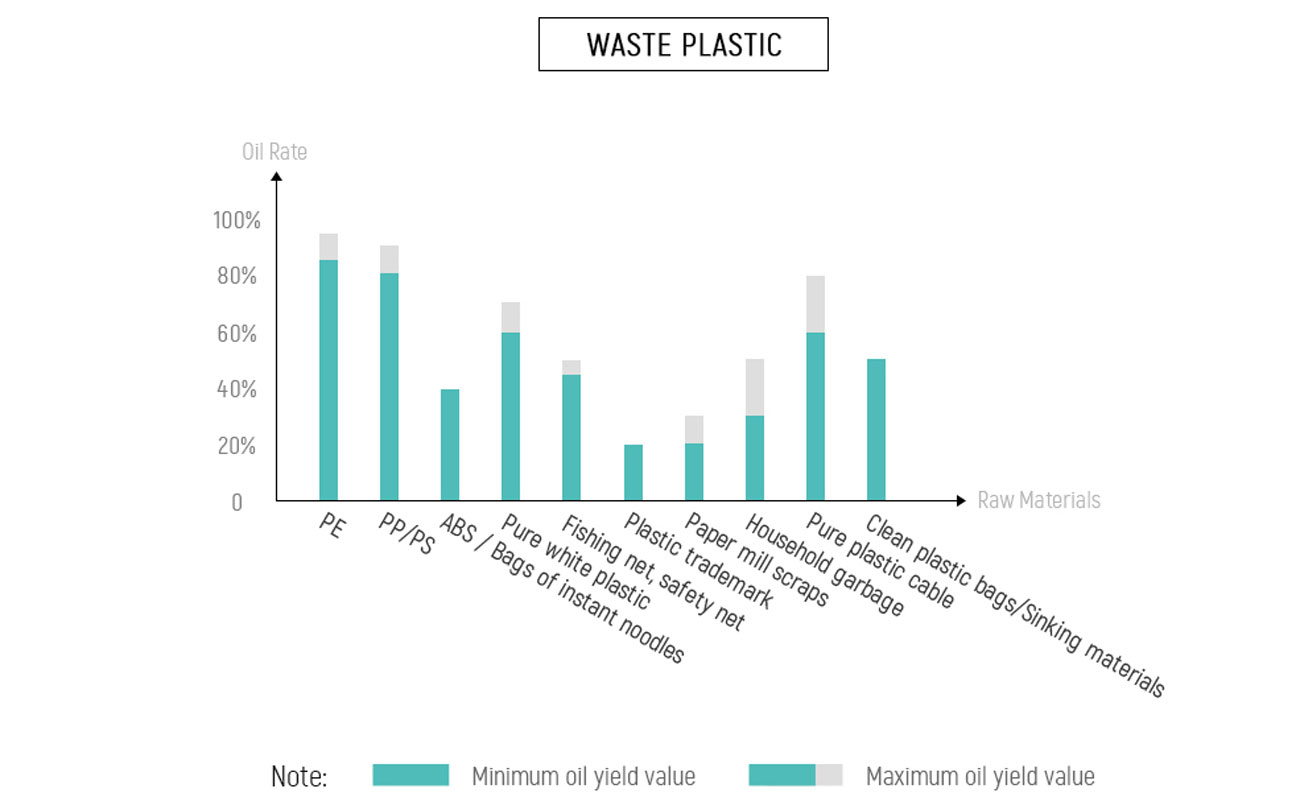In the contemporary milieu of environmental consciousness and sustainable resource management, the plastic to oil conversion business emerges as a pivotal solution to mitigate the escalating crisis of plastic waste accumulation. Governments across the globe are increasingly cognizant of the imperative to foster industries that offer viable alternatives to conventional practices, thereby aligning with the principles of circular economy and resource efficiency.
The burgeoning plastic to oil plant serves as a beacon of hope in the quest for environmental remediation. With plastic pollution posing an existential threat to ecosystems and human health alike, policymakers recognize the urgency of promoting technologies that facilitate the conversion of plastic waste into valuable resources. By supporting the establishment and operation of plastic to oil plants, governments aim to curtail the proliferation of plastic debris in landfills, water bodies, and fragile ecosystems, thereby ameliorating the adverse impacts on biodiversity and public health.
Fostering Innovation and Technological Advancement
Governmental patronage of the plastic to oil conversion business underscores a broader commitment to fostering innovation and technological advancement. By incentivizing research and development initiatives in this domain, policymakers seek to catalyze the evolution of cutting-edge technologies capable of enhancing the efficiency and sustainability of plastic waste management processes. Moreover, by offering financial incentives and grants to entrepreneurs and enterprises engaged in the development and deployment of plastic to oil conversion technologies, governments stimulate economic growth while simultaneously addressing pressing environmental challenges.

Promoting Energy Security and Resource Independence
In an era characterized by volatility in energy markets and geopolitical uncertainties, plastic recycling machine assumes strategic significance in the pursuit of energy security and resource independence. By harnessing the latent energy content of non-recyclable plastics, countries can reduce their reliance on fossil fuels while diversifying their energy portfolios. Government support for the establishment of plastic to oil plants is thus driven not only by environmental imperatives but also by broader considerations of national security and energy resilience.
Mitigating Economic Costs of Waste Management
The economic costs associated with traditional waste management practices constitute a significant burden on governments and local authorities. Landfilling, incineration, and other conventional methods of plastic waste disposal entail substantial expenditures, both in terms of infrastructure investment and operational expenses. By incentivizing the adoption of alternative technologies such as plastic to oil conversion, governments aim to alleviate the financial strain on public coffers while simultaneously promoting more sustainable and economically viable waste management practices.
Enhancing Circular Economy Principles
Government support for investment in plastic pyrolysis plant cost lies a commitment to advancing the principles of the circular economy. By facilitating the conversion of plastic waste into valuable resources such as fuels and chemical feedstocks, policymakers seek to close the loop on the linear “take-make-dispose” model of resource utilization. By incentivizing the valorization of waste streams through innovative technologies, governments foster a paradigm shift towards a more regenerative and resource-efficient economic framework.

Conclusion
In conclusion, government support and incentive policies for the plastic to oil conversion business are driven by a confluence of environmental, economic, and strategic imperatives. By promoting innovation, mitigating environmental degradation, enhancing energy security, and fostering circular economy principles, policymakers endeavor to create an enabling environment for the sustainable growth of this nascent industry. As the global community grapples with the multifaceted challenges posed by plastic pollution, concerted efforts to harness the potential of plastic to oil conversion technologies are indispensable in charting a path towards a more sustainable and resilient future. For the latest updates and detailed information, be sure to visit Beston Company.”